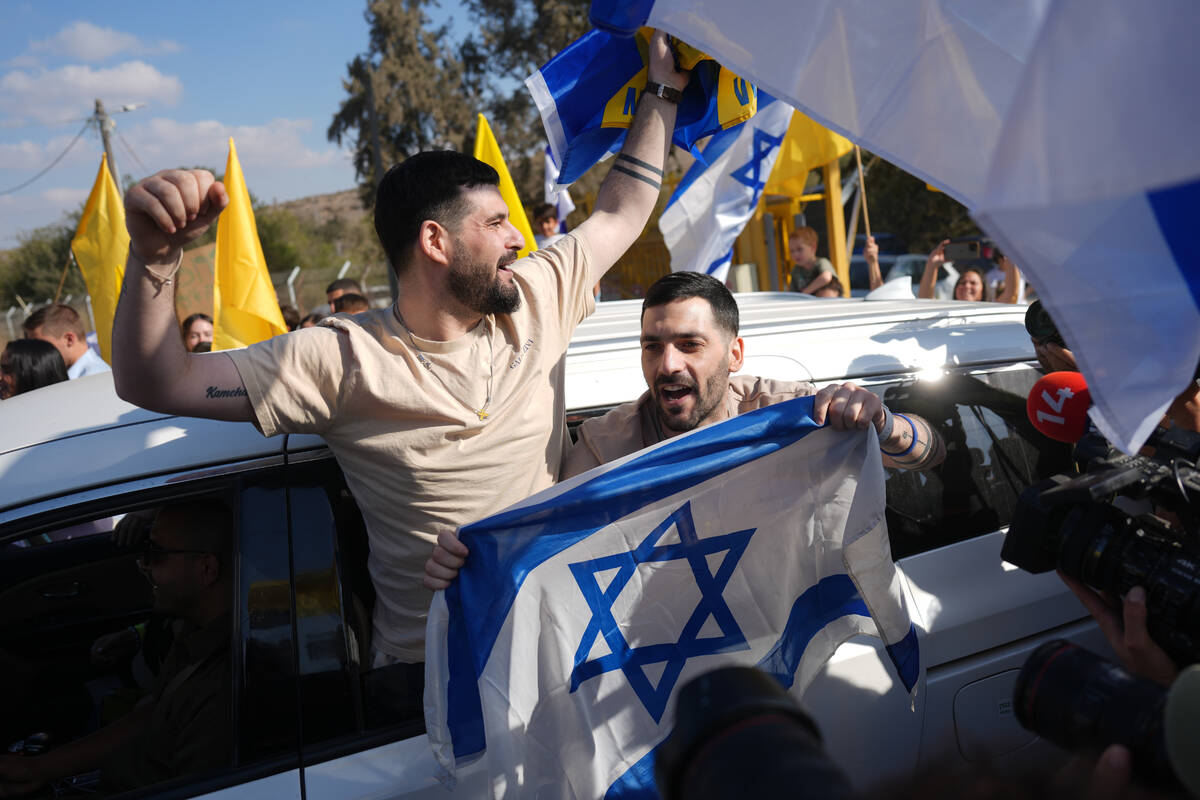Gaza’s tenuous ceasefire faced a significant challenge on Sunday as Israeli forces executed a series of airstrikes in response to the deaths of two Israeli soldiers, allegedly at the hands of Hamas militants. An Israeli security official stated that the transfer of humanitarian aid to the region was temporarily halted, although the military later announced a resumption of the ceasefire enforcement. Aid deliveries are expected to continue on Monday, following a brief suspension.
Since the ceasefire, proposed by the U.S., began just over a week ago, the situation has become increasingly volatile. According to health officials, at least 36 Palestinians have died in the recent strikes, which Israel’s military claims targeted numerous Hamas sites after its troops were fired upon. A senior Egyptian official involved in ceasefire negotiations indicated that “round-the-clock” communications were ongoing to de-escalate tensions.
Escalating Tensions and Civilian Casualties
Israeli Prime Minister Benjamin Netanyahu has instructed the military to take “strong action” against any violations of the ceasefire, although he has not explicitly threatened a return to war. Israeli military sources reported that militants opened fire in areas of Rafah city designated as Israeli-controlled under the ceasefire agreement. In contrast, Hamas has accused Israel of multiple ceasefire breaches, claiming that communication with its remaining units in Rafah has been disrupted for months.
As fears of renewed conflict grow, residents in Gaza express deep concern for their safety. “It will be a nightmare,” said Mahmoud Hashim, a father of five from Gaza City, urging U.S. President Donald Trump and other mediators to intervene. The Al-Awda hospital reported receiving 24 bodies due to various Israeli strikes in the Nuseirat and Bureij camps.
The violence included an airstrike on a makeshift coffeehouse in Zawaida town, which resulted in the deaths of at least six Palestinians, according to Gaza’s Health Ministry. Additional strikes in Beit Lahiya and Khan Younis led to further civilian casualties, including women and children. “Where is peace?” asked Khadijeh abu-Nofal in Khan Younis, as medical teams treated injured children.
Hostage Situation and Future Negotiations
In related developments, Israel has identified the remains of two hostages released by Hamas: Ronen Engel, a father from Kibbutz Nir Oz, and Sonthaya Oakkharasri, a Thai agricultural worker from Kibbutz Be’eri. Both were believed to have died during the Hamas-led attack on southern Israel on October 7, 2023, which ignited the current conflict. Engel’s family had previously experienced the trauma of his wife and two children being kidnapped and released during a ceasefire in November 2023.
Hamas has returned the remains of 12 hostages in recent days, with its armed wing, the Qassam Brigades, stating they located another body. They warned that any escalation by Israel would hinder ongoing search efforts. Israel has pressured Hamas to fulfill its obligation under the ceasefire to return the remains of all 28 deceased hostages, while the Rafah border crossing with Egypt remains closed until further notice.
The ongoing conflict has claimed the lives of more than 68,000 Palestinians, according to Gaza’s Health Ministry, which does not differentiate between civilians and combatants. The ministry’s casualty records are generally deemed reliable by U.N. agencies and independent experts, though Israel disputes these figures without providing its own counts. Thousands more individuals are reported missing by the Red Cross.
In a recent exchange, Israel and Hamas traded 20 living hostages for over 1,900 Palestinian prisoners. Moving forward, a Hamas delegation, led by chief negotiator Khalil al-Hayya, has arrived in Cairo to follow up on the ceasefire agreement with mediators and other Palestinian factions. Future negotiations may focus on disarming Hamas, Israeli withdrawal from additional territories, and the governance of Gaza.
Hamas spokesman Hazem Kassem indicated that discussions have begun to “solidify its positions,” asserting that the group will not participate in any post-war ruling authority in Gaza. He emphasized the need for a body of Palestinian technocrats to manage daily affairs in the region, given the risks associated with a power vacuum.
As the situation evolves, the humanitarian crisis in Gaza continues to deepen, leaving many residents anxious about the future and the potential return to conflict.
